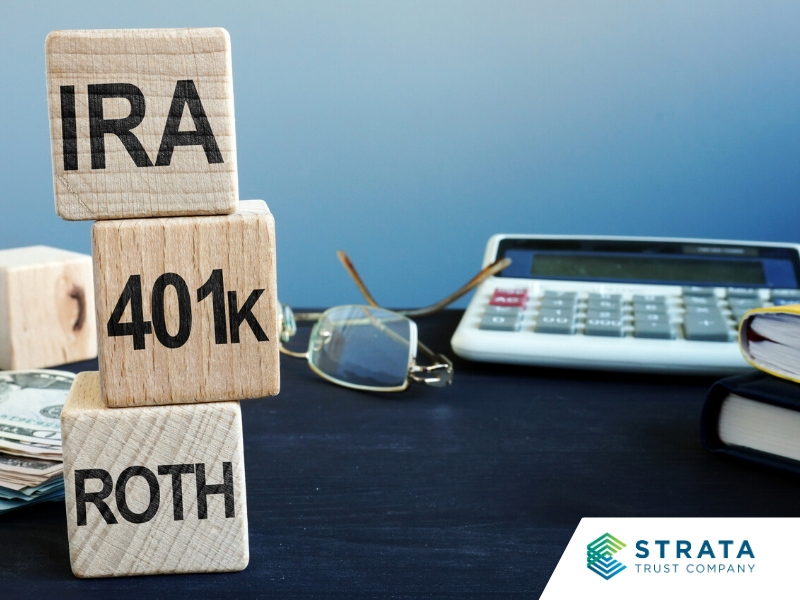Just as we were all getting used to the SECURE Act rule changes, the rules changed again. After a few quiet years on the legislative front, two major bills affecting retirement savings have been passed in the last three months. The latest change comes with the Coronavirus Aid, Relief and Economic Security (CARES) Act. This $2.2 trillion relief package provides aid to businesses, hospitals, airlines, students, workers and taxpayers trying to manage life and finances amid the economic and healthcare emergencies caused by the COVID-19 outbreak. In addition to providing funds directly to industries and individuals, the CARES Act waives required minimum distributions (RMDs) that are required to be paid in 2020 from IRAs, 401(k) plans, 403(b) plans, and governmental 457(b) plans, so that retirees are not forced to liquidate their investments and lock in recent market losses.
Here’s what you need to know if you’re over age 70 and were taking RMDs prior to Dec 31, 2019, or have an inherited IRA
• If you are required to take an RMD from your IRA in 2020, you do not have to take that RMD in 2020.
• If you were required to take your first RMD for 2019, but you were waiting until the deadline of April 1, 2020, to take that RMD, you do not have to take that 2019 RMD or your 2020 RMD.
• If you already took a 2019 or 2020 RMD in 2020, you may roll it back into your IRA within 60 days from when you received the distribution.
• If you took your 2019 RMD in 2019, the waiver does not apply to that RMD.
Changes to RMDs under the SECURE Act
In December 20, 2019, before the world was aware of the impending pandemic, Congress passed the Setting Every Community Up for Retirement Enhancement (SECURE) Act of 2019. The SECURE Act was designed to enhance retirement savings opportunities and encourage business owners to sponsor retirement plans. One of the rule changes allows savers a longer time to grow their savings by increasing the age at which annual distributions (RMDs) must begin. Before the SECURE Act, IRA owners had to begin taking RMDs for the year they turned age 70½. The deadline to take the RMD for the 70½ year was the following April 1. The SECURE Act increased the RMD starting age to 72 for anyone who had not yet reached age 70½ by December 31, 2019.
Benefits of the RMD Waiver in 2020
The amount to distribute as an RMD each year is calculated based on the value of the IRA at the end of the prior year. Investment values have dropped significantly from the market high at the end of 2019. Waiving RMDs in 2020 ensures that no one is forced to take an RMD amount based on an account value that is no longer there or to liquidate investments at today’s lower value. By waiting to take distributions until 2021, those who would have been required to take an RMD in 2020 avoid a tax hit on the amount distributed and may see their investments recoup some value.
With the SECURE Act changes published just days before taking effect, it was already confusing as to who had to take an RMD in 2020. The waiver for 2020, at the very least, gives the industry time to adjust to the change in the RMD starting year.
If you still want to take a distribution
Many retirees depend on their RMDs for their retirement income. Foregoing a distribution this year may not be an option for them. Nothing in the CARES Act prevents you from taking distributions from your IRA whenever you choose. If you need to take money out of your IRA in 2020, you may be in a lower tax bracket this year and your tax bill will not be as high on your distribution.
You may want to consider converting to a Roth IRA
If you don’t need the money just yet, you may want to consider converting some of your Traditional, SEP or SIMPLE IRA assets to a Roth IRA. You will only owe tax on the dollar amount you choose to convert. With the lower investment values right now, however, you may be able to convert more shares of an investment for the same dollar amount. Any future gain in the value of the investments you converted will be tax-free when you take it out of your Roth IRA (provided you have had a Roth IRA for at least five years). Investors should seek financial advice before requesting a conversion to review how the transaction will affect your tax liability and investment strategy.
Have Questions?
If you have any questions about your RMD from your STRATA Trust IRA, please contact us at [email protected].





